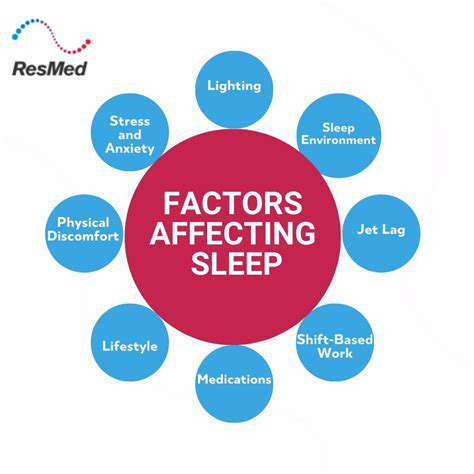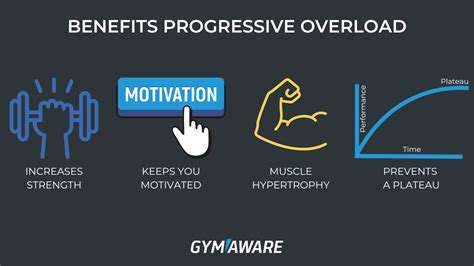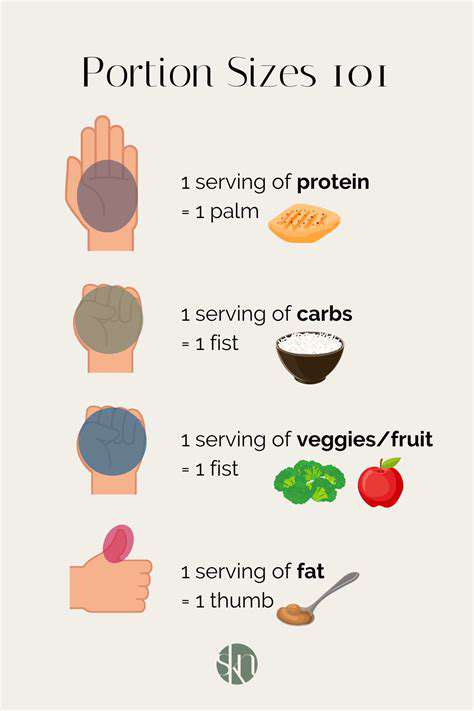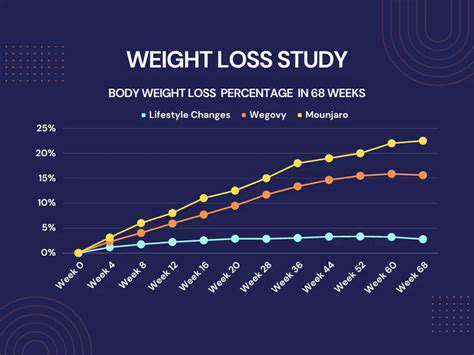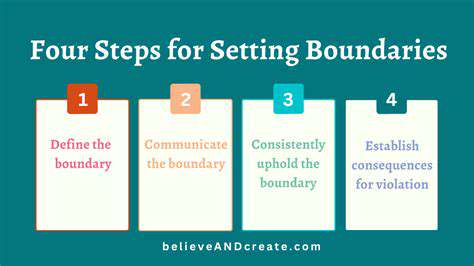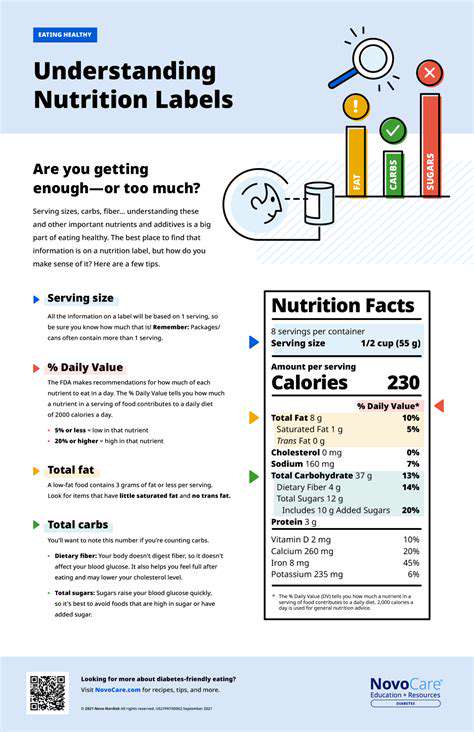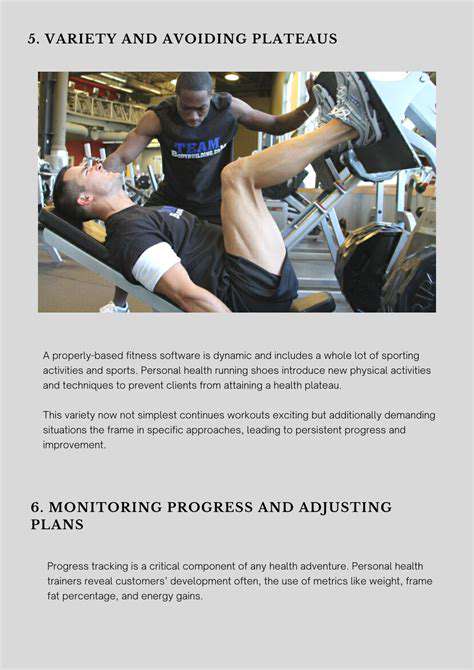Health Tips for Preventing Colds and Flu [All Ages]
The Power of Vaccination: Protecting Yourself and Others
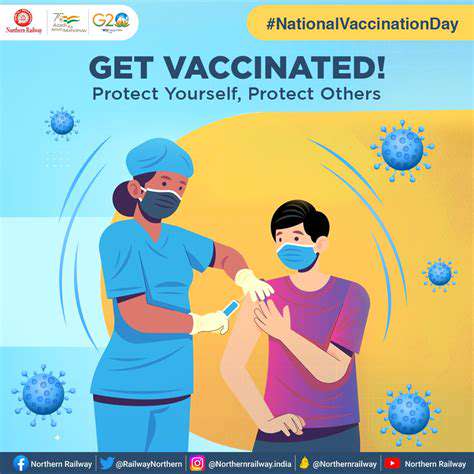
Protecting Vulnerable Populations
Vaccines are crucial for protecting vulnerable populations, including infants, the elderly, and individuals with compromised immune systems. These groups are often at higher risk of severe illness from infectious diseases, and vaccination significantly reduces their chances of contracting and spreading these diseases. Vaccination helps create a protective shield against the spread of infectious diseases, safeguarding the most vulnerable members of our society. This collective protection is vital for maintaining a healthy and resilient community.
Preventing Disease Outbreaks
Vaccination is a cornerstone of public health, playing a vital role in preventing the resurgence of infectious diseases. By immunizing a significant portion of the population, we can achieve herd immunity, a phenomenon where the spread of a contagious disease is significantly reduced due to the large number of immune individuals. This approach protects those who cannot be vaccinated, such as newborns or individuals with medical conditions.
Reducing Healthcare Burden
Infectious diseases can overwhelm healthcare systems, leading to increased hospitalizations and resource depletion. Vaccination significantly reduces the incidence of these illnesses, leading to a substantial decrease in the overall healthcare burden. This reduction in the demand for medical resources frees up healthcare professionals and facilities to focus on other critical needs. The cost savings associated with preventing illness are enormous and contribute to a more efficient and effective healthcare system.
Promoting Public Health
Vaccination is a cost-effective public health intervention that has demonstrably improved the health and well-being of communities worldwide. Implementing comprehensive vaccination programs is a cornerstone of public health initiatives, contributing to the overall health and prosperity of a nation. Through vaccination, we can protect individuals, strengthen communities, and contribute to a healthier future for all.
Ensuring Global Health Security
In an interconnected world, the spread of infectious diseases can occur rapidly across borders. Vaccination efforts are essential for maintaining global health security. By ensuring high vaccination rates globally, we can reduce the risk of outbreaks that could threaten international health and stability. International collaboration on vaccination programs is critical for achieving global health security and mitigating the impact of pandemics.
Addressing Anti-Vaccination Sentiment
Despite overwhelming scientific evidence supporting vaccination, concerns and misinformation about vaccines persist. Addressing these concerns through clear and accessible communication about the safety and efficacy of vaccines is crucial for maintaining public trust in these life-saving interventions. Promoting accurate information and dispelling myths associated with vaccination is essential for fostering informed decision-making. Furthermore, building trust and transparency in the vaccine development and distribution process can help mitigate public hesitancy.
Staying Informed and Taking Action: Knowing When to Seek Medical Care
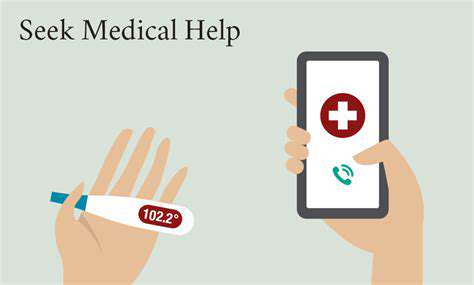
Staying Informed on Current Events
Staying informed about current events is crucial in today's interconnected world. It allows us to understand the issues shaping our communities, nations, and the global landscape. This understanding is essential for making informed decisions, participating in meaningful discussions, and contributing to a more just and equitable society. We can access this information through various reliable sources, including reputable news organizations, academic journals, and independent research institutions. It's vital to critically evaluate the information we consume, recognizing potential biases and misinformation.
The constant flow of information can be overwhelming, but it's important to prioritize credible sources to form a balanced perspective. By developing a habit of seeking out multiple viewpoints, we can cultivate a deeper understanding of complex issues.
Understanding the Impact of Global Issues
Global issues, such as climate change, political instability, and economic disparities, are deeply interconnected and affect us all. Understanding these issues is crucial to recognizing their potential consequences and developing strategies for mitigation. Recognizing the complex interplay of global challenges is paramount to addressing them effectively.
The Importance of Civic Engagement
Active civic engagement is vital for shaping a positive future. Participating in local and national elections, advocating for policies we believe in, and engaging in community initiatives are all crucial aspects of civic engagement. These actions directly impact the policies and decisions that affect our lives.
By engaging in dialogue with others, even those with differing views, we foster a more inclusive and understanding society.
Taking Action Through Advocacy
Advocacy plays a critical role in bringing about positive change. It involves working to advance causes we believe in through various means, including contacting elected officials, supporting organizations dedicated to specific issues, and participating in protests or rallies. Effective advocacy requires a clear understanding of the issues we're addressing and a commitment to working with others to achieve our goals.
The Power of Collective Action
Collective action is often more powerful than individual efforts. By joining forces with others who share our values and goals, we can amplify our impact and achieve significant results. Working together to support causes that benefit the community as a whole is essential to creating a better future.
The Role of Education and Awareness
Education and awareness campaigns are fundamental in fostering a more informed and engaged citizenry. These campaigns can highlight critical issues and potential solutions, empowering individuals to take action. Educating ourselves and others on important topics is key to driving meaningful change.
Sharing knowledge and encouraging critical thinking are vital components of effective awareness campaigns.
Promoting Critical Thinking and Media Literacy
Developing critical thinking skills is essential for navigating the complexities of the modern world. This involves evaluating information from various sources, identifying biases, and forming reasoned opinions. Media literacy is also crucial in today's digital age, enabling us to discern credible sources from misinformation and propaganda.
By cultivating these skills, we can become more discerning consumers of information, enabling us to make more informed decisions and participate more effectively in the democratic process.
Read more about Health Tips for Preventing Colds and Flu [All Ages]
Hot Recommendations
-
*Guide to Managing Gout Through Diet
-
*Best Habits for Financial Well being
-
*How to Build a Routine for Better Mental Health
-
*How to Eat Healthy on a Budget [Tips & Meal Ideas]
-
*Guide to Practicing Self Acceptance
-
*How to Incorporate More Movement Into Your Day
-
*Guide to Managing Chronic Pain Naturally
-
*Guide to Building a Reading Habit for Well being
-
*Top 5 Weight Loss Supplements That Actually Work
-
*Best Exercises for Postpartum Recovery [Beyond Abdominal Work]
